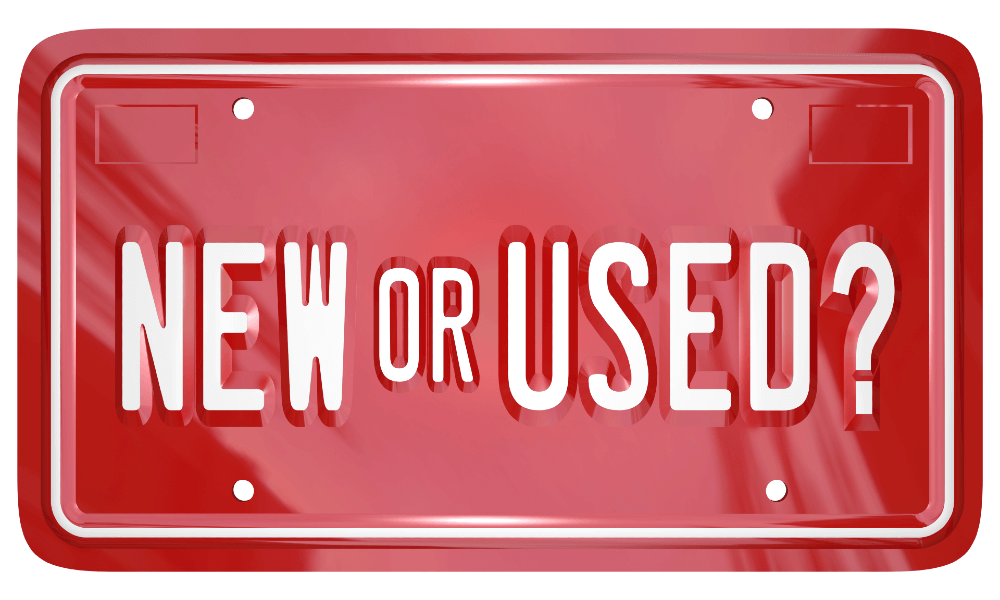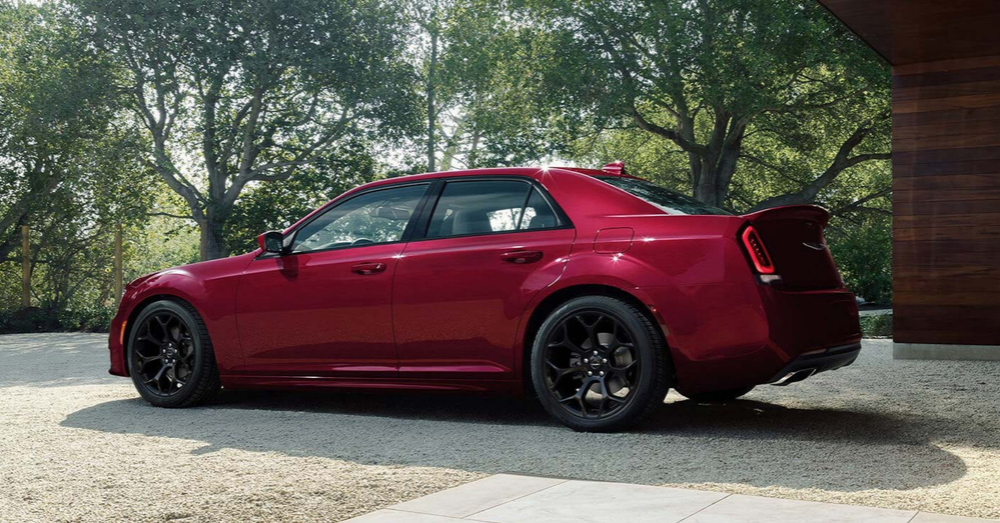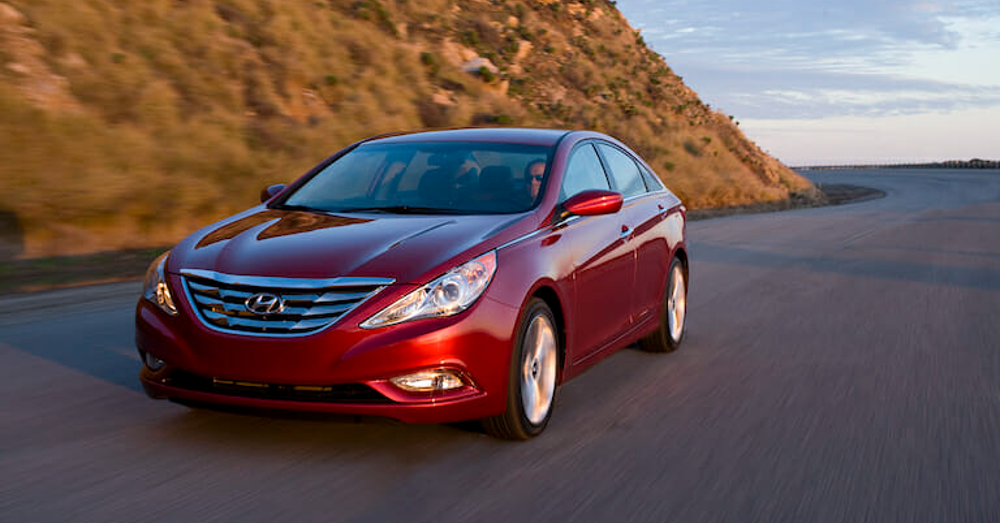
The Pros and Cons of Buying a New vs. Used Car
Should you buy a new or used car? Some people have strong feelings both ways, but it makes sense to understand the pros and cons of each.
Are there advantages to buying used versus buying new? Some people will tell you its smart to buy a vehicle that’s a few years old because its passed much of its depreciation after three to five years. On the other hand, if you want the latest technology and safety features a new vehicle has what you want and gives you some options.
Let’s look at the pros and cons of buying a new versus used car.
Can a used car save you some money?
The difference in price between a new vehicle and the same model at least three years old is typically about $10,000 if that vehicle started out at least $30,000. The recent market disruption of COVID-19 notwithstanding, the $10,000 savings over the course of your life could be significant. The National Automobile Dealers Association reports that the average person owns 13 vehicles during their lifetime. That means you could save $130,000 on vehicles over the course of your life by buying used instead of new ones.
Used Car: Pros and Cons
Pros
The most significant advantage you’ll find when buying a used car instead of a new one is the price of the vehicle. The original owner took the deprecation hit, and you won’t face as much of a value loss. Of course, there are other advantages to buying a pre-owned vehicle, including
- Great value for a great car: You can often find a late-model, low-mileage car at nearly half the price of a new model. This allows you to get features that are only a few years old, which means you can still enjoy good safety and reliability in your vehicle.
- Impressive resale value: If you pay a lot less for a vehicle than what it costs new, you’re not taking as much depreciation as the previous owner. This means you can sell the vehicle later and possibly get nearly as much for it as you paid for it.
Cons
Some drivers prefer new vehicles because they don’t want to deal with the disadvantages of used models, which include:
- Other people’s problems: Even if the used car you buy is from a reliable brand and a highly rated model, it still has the issues associated with the previous owner. This means you might need to do repairs on it shortly after buying it. You don’t know how the previous owner treated the car, which makes things challenging.
- Stuck with the car’s features: When buying a used car, you don’t get to choose the trim, the equipment, or the color. Yes, you can search databases for the items you want, but you might also end up with features you don’t want or find cars that lack the items you desire. You have to compromise when buying a used car.
New Cars: Pros and Cons
Pros
The advantages of buying a new car versus a used car are pretty easy to understand. Some of them are:
- All cars available: Shopping is made easier, and you can choose from the entire menu of trims, colors, and features.
- Additional financing options: Automakers want customers to buy new vehicles and offer special interest rates, rebates, lease programs, and other incentives to lower the cost of buying a new vehicle. You won’t find this with used cars.
- Modern technology: If you want the latest tech in your car, you’ve got to buy a new vehicle. It’s that simple.
Cons
As soon as you leave the dealership, you lose money on a new car, but there are other negatives to a new vehicle purchase, including:
- Depreciation: The greatest level of depreciation for any new vehicle occurs during the first three years. You’ll never get any of this money back and will need to keep the car for at least five or six years.
- Higher debt: New cars cost more in every single way. The insurance is more expensive, they require more maintenance during the first 100,000 miles, and loans cost more. The replacement value is higher than that of used vehicles, pushing that debt higher.
Are you more inclined to buy new or used cars? With a few pros and cons of each situation spelled out, you can choose the right path for your car ownership needs. There’s no right or wrong way to buy a car, but you’ll want to know what to expect.
This post may contain affiliate links. Meaning a commission is given should you decide to make a purchase through these links, at no cost to you. All products shown are researched and tested to give an accurate review for you.



